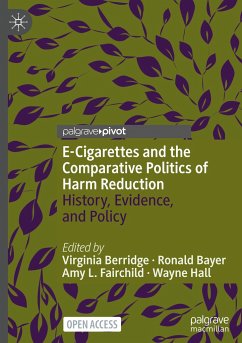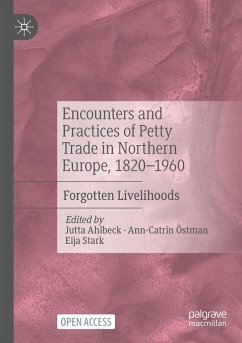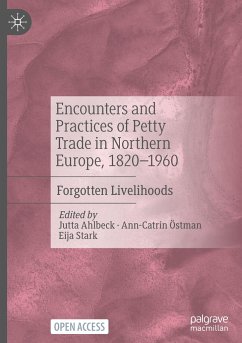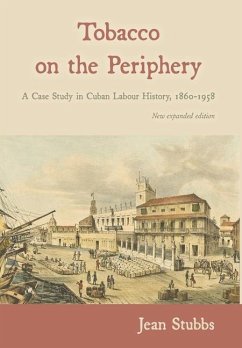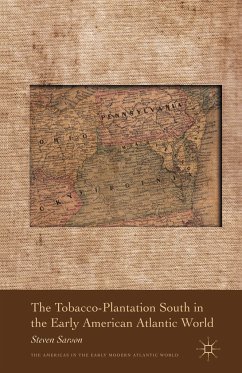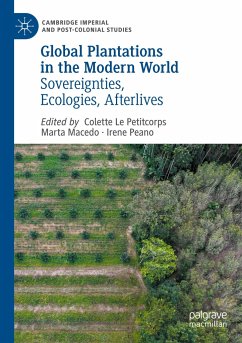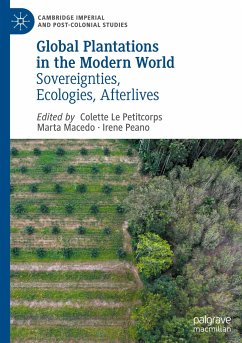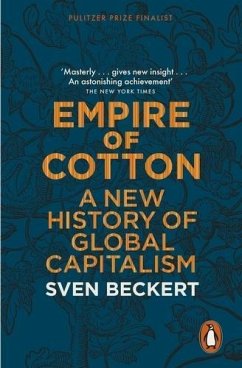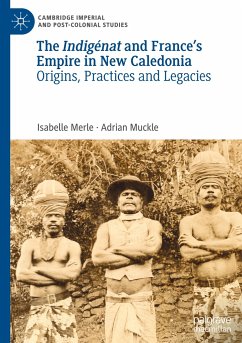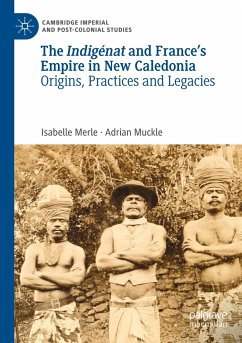
Tobacco in Global Perspective, 1780-1960
Trade, Knowledge, and Labour
Herausgegeben: van Wickeren, Alexander; Stubbs, Jean; Clarence-Smith, William Gervase

PAYBACK Punkte
46 °P sammeln!
This edited collection provides an in-depth analysis of the imperial, colonial, and postcolonial history of tobacco from 1780 to 1960, which was one of the major periods of change in the global tobacco economy. It brings together case-studies from known and lesser-known tobacco regions of the world to interrogate tobacco's 'second globalisation', a concept little employed by historians thus far, but one which encapsulates tobacco's central role in Europe's imperial expansion beyond the Atlantic and the social, political, and cultural transformations of global capitalism taking place during the...
This edited collection provides an in-depth analysis of the imperial, colonial, and postcolonial history of tobacco from 1780 to 1960, which was one of the major periods of change in the global tobacco economy. It brings together case-studies from known and lesser-known tobacco regions of the world to interrogate tobacco's 'second globalisation', a concept little employed by historians thus far, but one which encapsulates tobacco's central role in Europe's imperial expansion beyond the Atlantic and the social, political, and cultural transformations of global capitalism taking place during the period. The collection fills a gap in the study of commodities of empire, which has examined tobacco primarily for the early modern Atlantic world, or for single empires during the later period. It invites comparison across borders, encompassing political, economic, and sociocultural history, and, with a particular emphasis on trade, knowledge, and labour, juxtaposes micro-histories with a macro-historical perspective. Together, the studies in the volume testify to the importance of tobacco in new places and among new players, challenging the confines of national and imperial historiographical frameworks. They demonstrate the rising dominance of new powerful forces, including transnational corporations, but also a wide range of actors in conflict and negotiation within territorial and imperial confines. By systematically taking into account the agency in Europe's apparent peripheries and the Global South, they critique a simple assumption of the dominance of the West.
Chapter 11 is available open access under a Creative Commons Attribution 4.0 International License via link.springer.com.
Chapter 11 is available open access under a Creative Commons Attribution 4.0 International License via link.springer.com.



